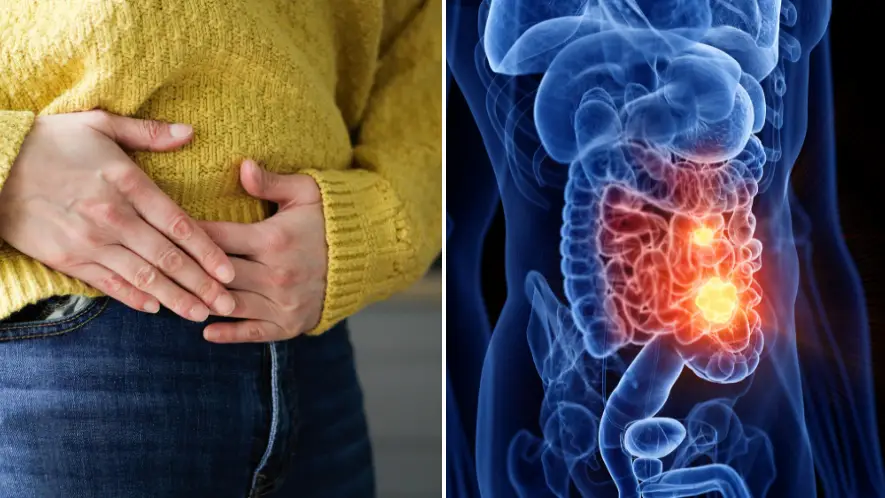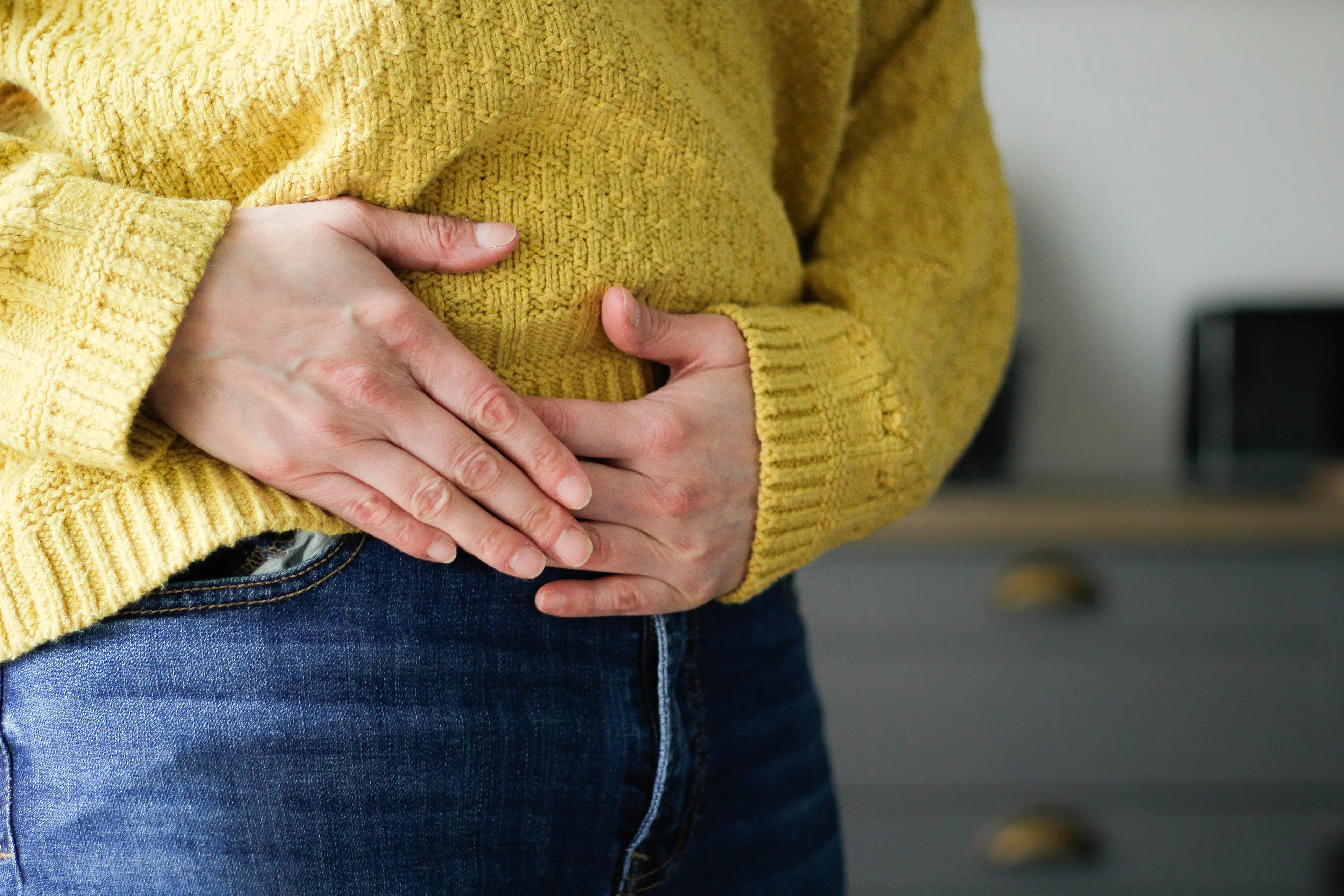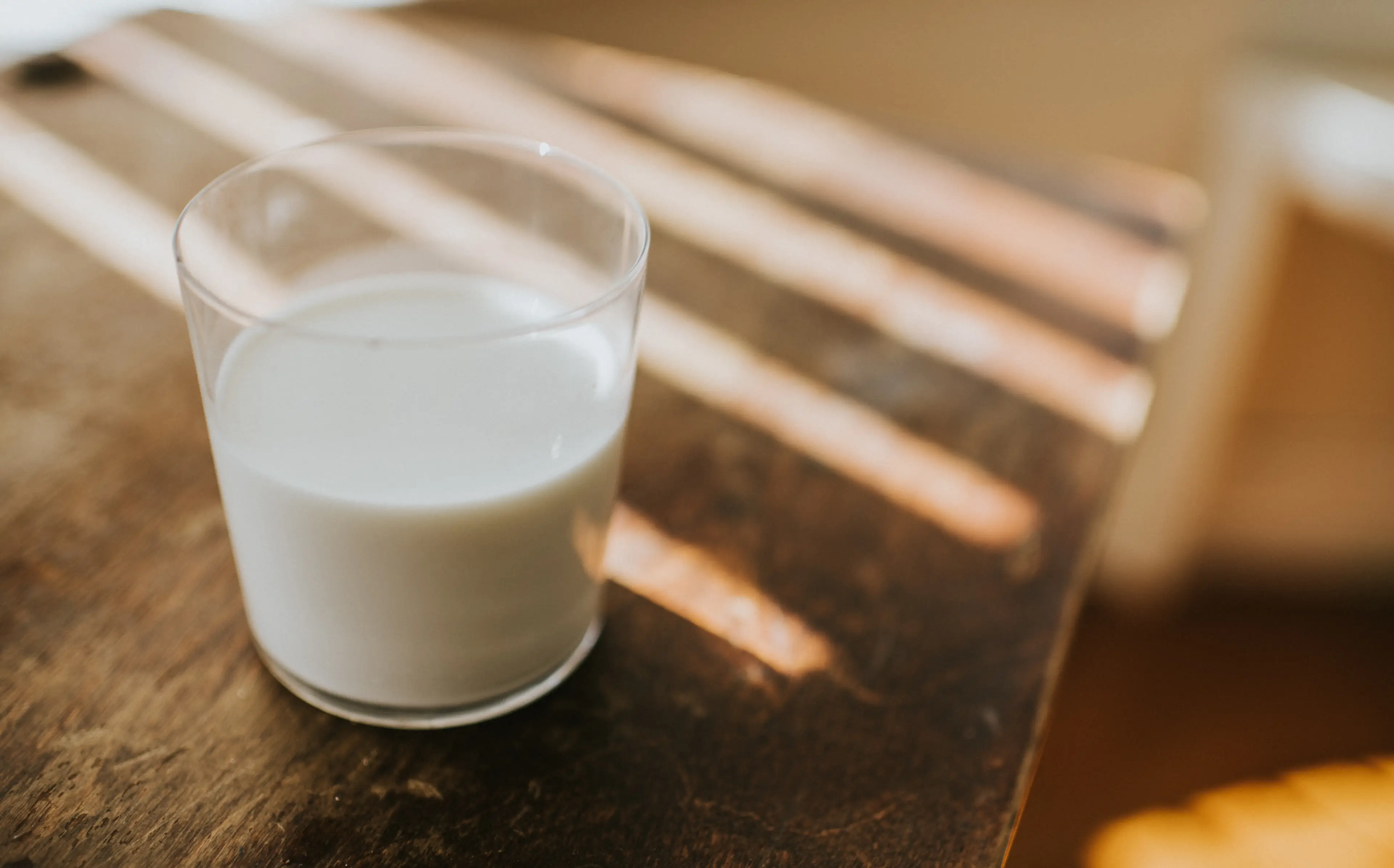
We’ve all heard that an apple a day can help keep the doctor away, but scientists are now recommending something else to incorporate into your daily routine as a means of cutting the risk of bowel cancer.
Researchers from the University of Oxford believe there’s one thing that can protect people against the deadly disease, and the good news is it’s highly likely you’ll already have it sitting in your fridge.
The findings, which were published in the Nature Communications journal, explored 97 dietary factors and their impact on bowel cancer risk among 542,778 women taking part in the Million Women Study.
The 'silent killer' cancer - which the NHS says is the name for cancer found anywhere in the large bowel, including the colon and rectum - has been on the rise among young people in recent years, with data from the American Cancer Society revealing it is the leading cause of cancer death in men and the second in women.
Advert
The team at Oxford found that two things had the strongest effect on changing bowel cancer risk, of all the factors studied.

While having the equivalent of a glass of wine every day was found to increase the risk of the cancer by 15 percent, they discovered that calcium had the opposite impact.
In fact, researchers have claimed that a glass of milk each day reduces the risk of bowel cancer by almost a fifth.
Dr Keren Papier, lead researcher, said further research is needed, but added: “This is the most comprehensive single study ever conducted into the relationship between diet and bowel cancer, and it highlights the protective role of calcium in the development of this disease.”
The study found that, on average, an extra 300mg of calcium per day – equivalent to a large 240ml glass of milk or a couple of pots of yoghurt – led to a 17 percent decrease in the risk of bowel cancer.
It also revealed that calcium had a similar effect on cancer risk from both dairy and non-dairy sources, suggesting it was calcium itself responsible for the impact.
Researchers said calcium from milk, yoghurt, vegetables and other sources all counted, although the link for cheese and ice-cream was not made clear in the study, suggesting there was no obvious reason either would not count.

The study also backed previous research that found processed and red meat raises the risk of bowel cancer, with 30g more per day linked to an eight percent increase in risk.
Sophia Lowes, senior health information manager at Cancer Research UK, which funded the study, said: “Bowel cancer is one of the most common cancers affecting people in the UK, which is why it’s so vital that we know how to prevent it.
“Maintaining a healthy, balanced diet, alongside keeping a healthy weight and stopping smoking, is one of the best ways to lower your risk of bowel cancer.
“This includes cutting down on alcohol and red and processed meat, and eating lots of fruit, vegetables and wholegrains.
“Dairy products like milk can also be part of a diet which reduces bowel cancer risk.
“We look forward to further research, including into the effects of specific ingredients like calcium, to ensure fewer people are impacted by this devastating disease.”
Topics: Health, Cancer, Food and Drink, Science